As one of the top 10 finalists of Africa’s Business Heroes 2021, Khadija Mohamed Elbedweihy is intentional about expanding her PraxiLabs into more countries in Africa such as Kenya, Nigeria, and South Africa.
Startup Africa had an in-depth conversation with Khadija to understand more about PraxiLabs.
Q: For those who don’t know you, tell us in a few words: who is Khadija Mohamed Elbedweihy, and what is PraxiLabs?
Coming from an academic family, I always had a passion for understanding what computers do, how they work, and how to facilitate communication between humans and computers. This passion was the driving factor to obtain my bachelor’s degree in Computer Science and afterward, I went on to pursue my Ph.D. in Human-Computer Interaction. My inspiration comes from my ultimate goal and vision of improving education, especially in preparing students for the challenges they face in higher education, post-graduate studies, and job search. I witnessed how the digital transformation was disrupting almost every other aspect of life around us, despite not having the same impact on education.
PraxiLabs is a platform providing 3D interactive and immersive online science labs for university students, not only to increase practice, but also to allow experiments that are usually not doable because of money, time, or safety constraints.
Q: How did you get to know about Jack Ma Foundation’s Africa’s Business Heroes (ABH) prize competition, and what did you do differently to be selected among the Top 10 oustanding African entrepreneurs this year?
We have been following Africa’s Business Heroes since it started and are big fans of the work ABH does, we even applied last year but didn’t make the cut back then, but this year we believe we have made progress to get selected.
We simply focused on showing the amount of good we can do and how we can positively affect education and make a difference in the African markets, Africa is rich in many resources and most of all in human resources and we aim to help train future scientists who will, in turn, elevate Africa’s science output and progress
Q: What lessons have you learned from the ABH program?
While I learned a lot from the great mentoring and the amazing process, I think what affected me the most is learning about all these other great startups coming from African countries and doing amazing work to build a better future for our home and one day position our continent amongst the leading continents in the world and not as emerging markets as we are today.
Q: How do you plan to use the experience and lessons from the program, to impact local business in Egypt?
A lot of what was learned during the program helps further structure our work and company while focusing on channeling our focus and growing steadily. While it also made us realise even more how huge the market in Africa really is.
Q: The ABH initiative is ongoing for another 7 years, who is eligible to apply and what tips can other startups take note of to enable them to participate next year and in the other upcoming editions?
It’s all about focusing on the impact, but not forgetting that it is still a business at the end of the day. So do focus on enhancing as many lives as possible and make a difference in Africa, but don’t forget the business side or you won’t be able to sustain it.
Q: How do you plan to use your share of the money you will be getting in November this year from the ABH?
We have several milestones in our product roadmap (such as the native app or PraxiLabs junior which is directed more towards high schools) that we aim to directly start working on as well as sales and market expansion into more countries in Africa such as Kenya, Nigeria, and South Africa.
What problem is your business solving in Africa, in Egypt, or your community?
We focus on the lack of science graduates and on how to enhance science education to have more scientists who can solve more problems.
Q: Do you think this is the right time for your startup to solve the problem?
Yes most definitely. Technology is disrupting every sector already and education is a big part of that, while the move towards technology in education is constantly growing, and our specific focus area (labs) has been largely neglected so far, hence I strongly believe that the right time is now and our product is ready.
Q: Does your solution fit in the market? (Do people want it)?
Yes, we got many assurances from everyone we talked, worked, and dealt with over the last period and only got more confident that what we do is needed and demanded. And while the lockdowns increased the demand further it also helped us show educational institutions the benefits that they can have even without lockdowns and on a normal day-to-day basis. And the good thing is that science is the same everywhere so we can easily fit anywhere where there are students and educational institutions willing to do more and get more from their education.
Q: Tell us more about your team, why are you the best to solve this problem?
We have a great team consisting of experts In their respective fields, from Science knowledge, development, marketing, sales, operations, product management to business. An accumulation of years of experience and a great deal of passion is what sets our team apart and makes us the best possible team to make this happen and have PraxiLabs succeed.
Q: How innovative is your startup? (technological/social innovation).
Our solution is highly technological, while its impact is social. We are proud to use technology in a way that is easy for any user and huge in its impact.
Q: What is the social impact of your startup and what makes you different in the market?
We create equal opportunity in education by creating opportunity for and access to a level of science education that is sometimes obstructed by the means available to the students and/or their educational institutions. Not being able to do certain experiments or getting frustrated at having a bigger challenge in understanding the material is often a big challenge, while our simulations allow for a much easier way to get very close to the real lab experience and maintaining a level of quality education often not possible during their usual day-to-day studies.
Q: How are you scaling up the startup and how do you measure your success?
Our strategy includes a steady plan for scaling both our product and market reach, keeping us focused on the business and our vision, while our most immediate measure of success is the number of students reached and enhancing their learning experience.
Q: What advice do you have for budding entrepreneurs and new startups in Egypt?
Be passionate about what you do, never give up, and stay focused on your goal. You will have good and bad days, great days, and disastrous ones, but no matter what just remind yourself of why you are doing what you are doing to keep going. And always be open to ideas and suggestions, your project is your baby, but being open allows for perspectives from a fresh set of eyes and new perspectives which anyone too immersed in what he/she is doing might possibly miss, so be open to suggestions and ideas, but stay focused on your vision and goals.
Contact details:
P: +201067399353

































